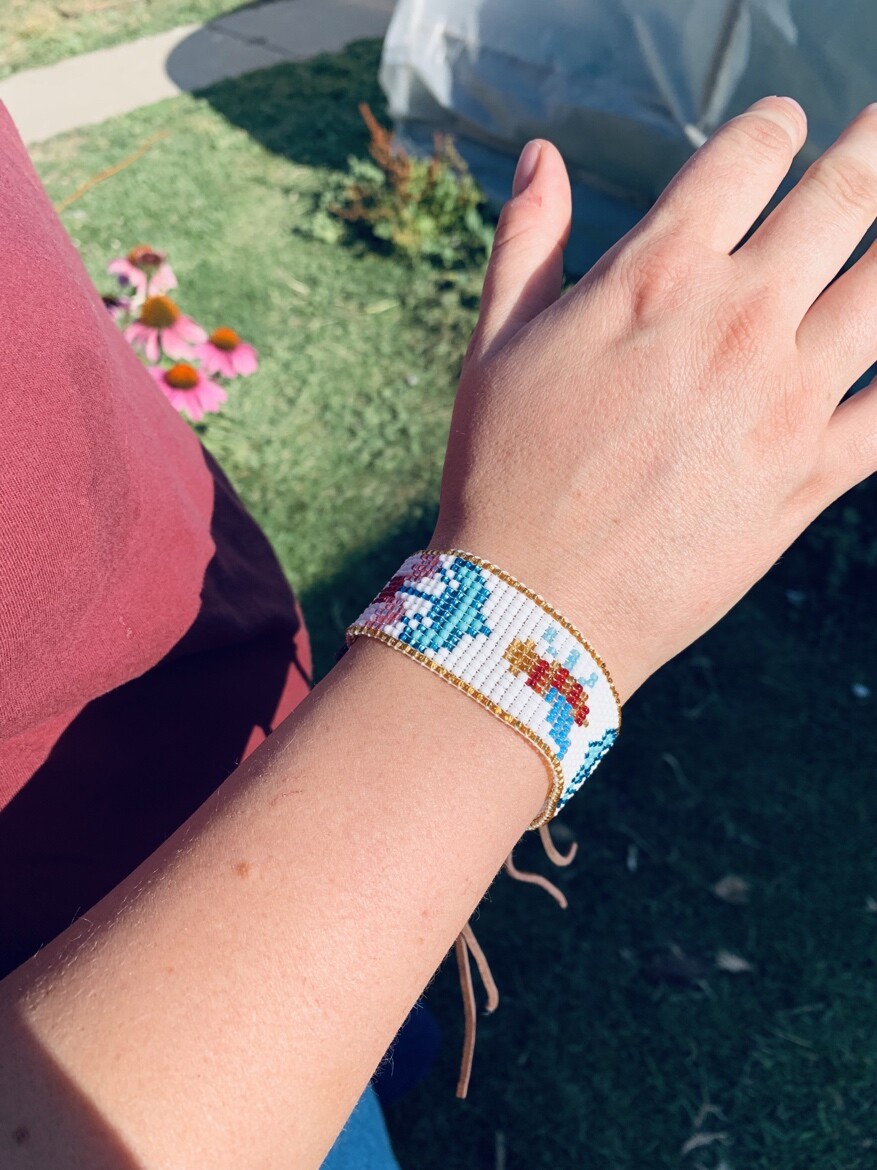Watch
Events
Articles
Market
More
Bugs are quite often OOMlich; no doubt why I have always been intrigued by them.
https://www.pinterest.com/pin/105693922497843793/
Tell me about a Strange thing that intrigues you!
Every working day I post an OOM for the Strange things of our Maker.
ofourmaker.com
#dailyoom




(The story so far resides here: ofourmaker.com/2023/10/17/adolphus-search-and-rescue )
Gibbsen always liked Dr. Kilver's office: despite the great variety of implements, many of them living, the doctor kept an air of scientific tightness about the place.
Gareth sat on a minimalistic divan. Though now in a seat, the girl still squatted, holding Gareth's hand again, and in her other hand she held her father's hand (that is, his claw). Mundbern stood at the door like a guard. Raleigh seemed the most anxious person in the whole business, and spoke with the doctor by one of the testing tables. Dr. Kilver was smiling under his heavy moustache.
"No," he reassured, "her disease cannot be caught by any human."
A different concern then filled Raleigh's face.
"Then, since she has it, she is not human at all?"
Dr. Kilver shook his head.
"It cannot be caught by a human, because we already have it. In a gluckast, the first symptoms of this disease are a loss of scales, horns, and nails, followed by great pain and stupour as the body is all but liquefied like a worm in a chrysalis. The peak of the disease is reached as a perfectly healthy human being. Her disease is the disease of humanity itself."
Mundbern raised his thick eyebrows.
"You call humanity a disease?"
"For a gluckast, very much so."
Raleigh looked quite mystified.
"Then," said he, "you mean that every human is the same as a diseased gluckast?"
"There is one thing unique to her case," the doctor said, placing his finger down in the midst of his medical hieroglyphic notations.
"Her disease is highly contagious."
To be continued.
#dailycreatedoom #writtenoom #adolphussearchandrescue 2023/10/19



May Yah grant peace to Jerusalem!
https://tube.ttn.place/watch/q....uot-the-peace-of-yer



https://tube.ttn.place/watch/q....uot-war-cry-quot-lyr



? ? - Super Cute!
We have handmade Native American Beadwork Bracelets!
Handcrafted right here in the USA ??
https://www.aromem.net/product....-page/beaded-honey-b




#politics
I have mixed feelings on the House Speaker hold up. On one hand maybe the delay will handicap the ability for them to screw up the country anymore.
And on the other, I was really enjoying the constant stream of Biden criminality exposure that was coming out of the house and has now vanished from the collective mind.


